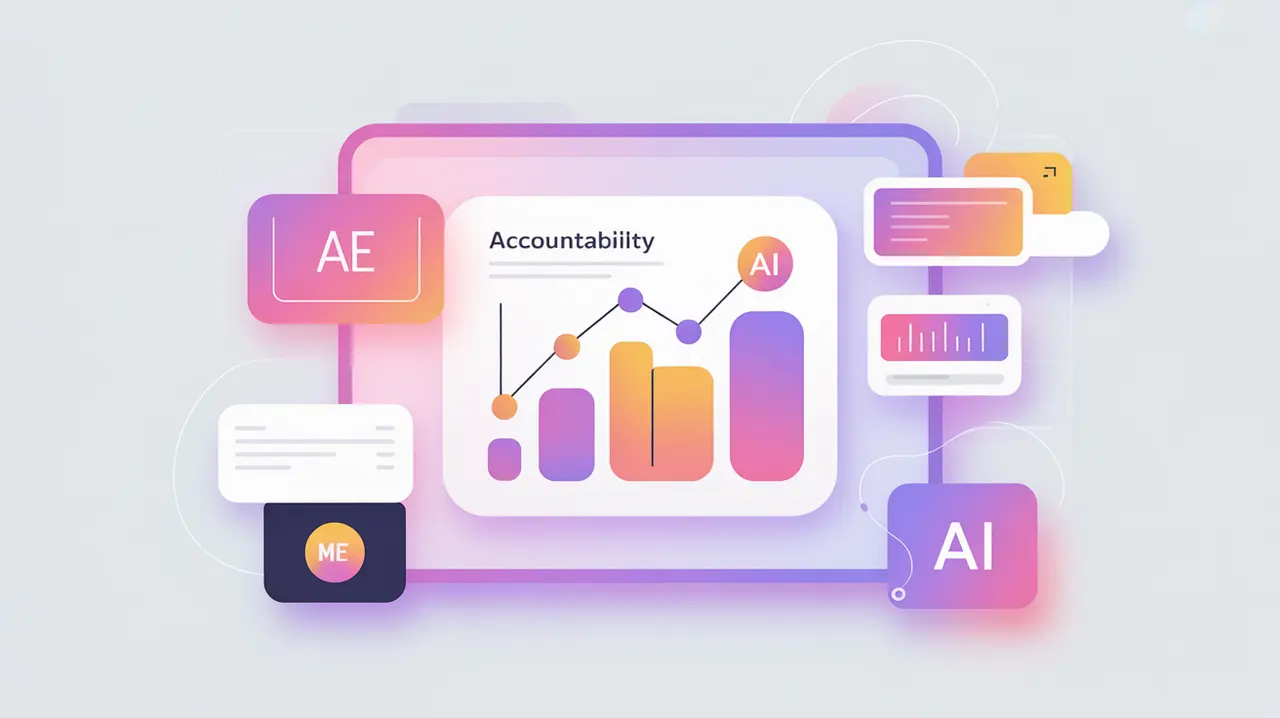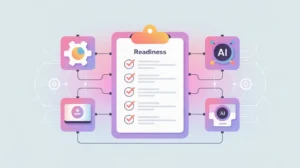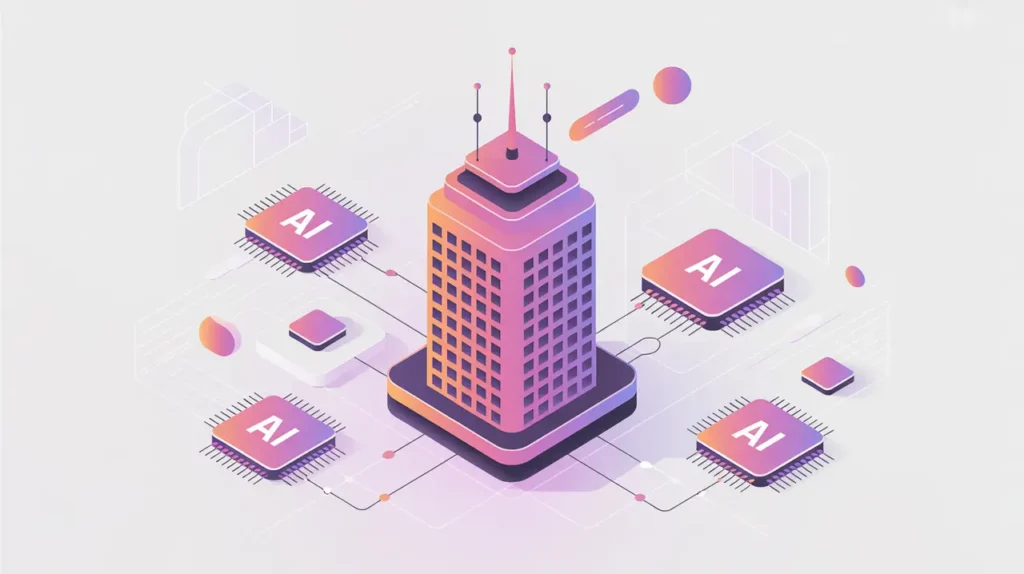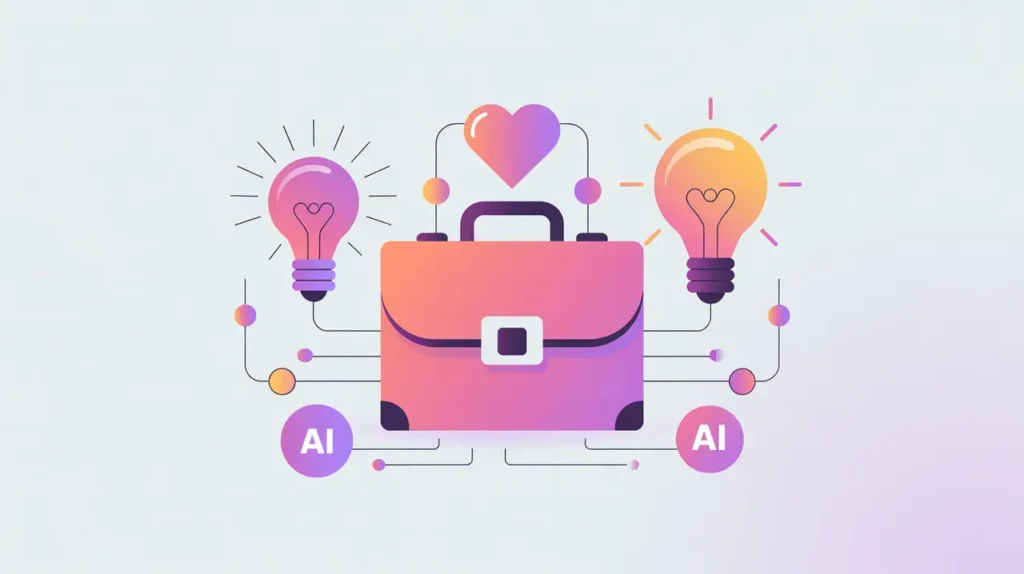Importance of Monitoring & Evaluation Providers as AI-augmented Accountability Agents
Monitoring and evaluation (M&E) providers are essential actors in ensuring that AI-driven initiatives deliver on their promises of impact. By applying rigorous methods to assess performance, outcomes, and accountability, M&E providers help organizations understand whether technology is creating value or causing harm. Their importance today lies in the way AI itself is transforming M&E. It is offering new tools for real-time data collection, analysis, and visualization, while also requiring new accountability mechanisms to evaluate AI systems.
For social innovation and international development, M&E providers matter because they strengthen trust and transparency, ensuring that AI adoption aligns with community needs, donor expectations, and ethical standards.
Definition and Key Features
M&E providers range from consulting firms and academic partners to specialized NGOs. In an AI context, they support organizations by building metrics for effectiveness, testing AI models in real-world conditions, and assessing unintended consequences. AI-augmented M&E uses machine learning, natural language processing, and predictive analytics to expand scope and depth.
This is not the same as internal program monitoring alone, which may lack independence. Nor is it equivalent to compliance audits, which focus narrowly on regulatory requirements. AI-augmented M&E emphasizes continuous learning and accountability in dynamic environments.
How this Works in Practice
In practice, M&E providers may use AI tools to analyze qualitative feedback at scale, detect anomalies in financial data, or map trends across multiple datasets. They can also evaluate the fairness, transparency, and reliability of AI systems themselves. Human oversight remains central, ensuring that metrics reflect context and values rather than being driven solely by algorithms.
Challenges include risks of overreliance on automated analytics, biases embedded in AI-driven evaluation tools, and limited resources for smaller organizations to access advanced M&E services. The need for transparency in both methods and findings is critical to avoid reinforcing inequities.
Implications for Social Innovators
M&E providers act as accountability agents across mission-driven sectors. Health programs rely on them to evaluate AI-assisted diagnostics and patient outcomes. Education initiatives benefit from their assessment of adaptive learning platforms. Humanitarian agencies depend on them to track effectiveness of AI-enabled logistics and targeting. Civil society partners with M&E providers to hold governments and corporations accountable for responsible AI use.
By acting as AI-augmented accountability agents, M&E providers ensure that technological change is measured not only by efficiency but also by equity, impact, and trust.







